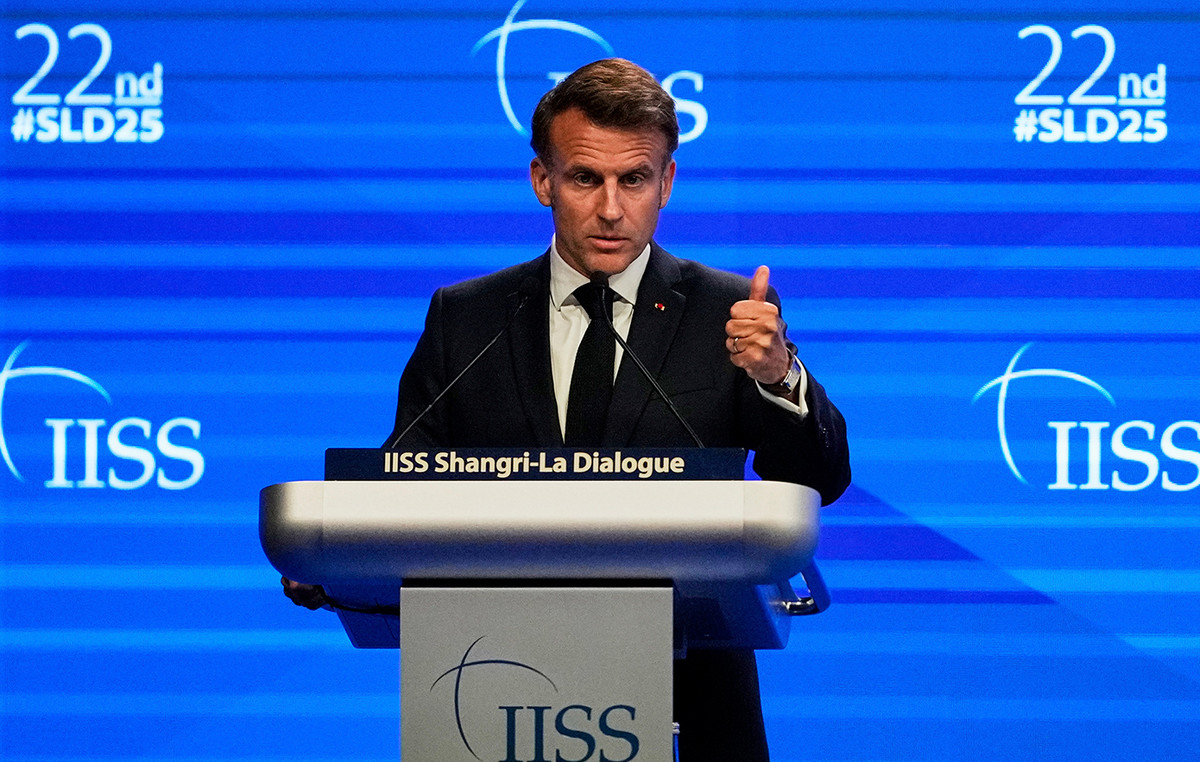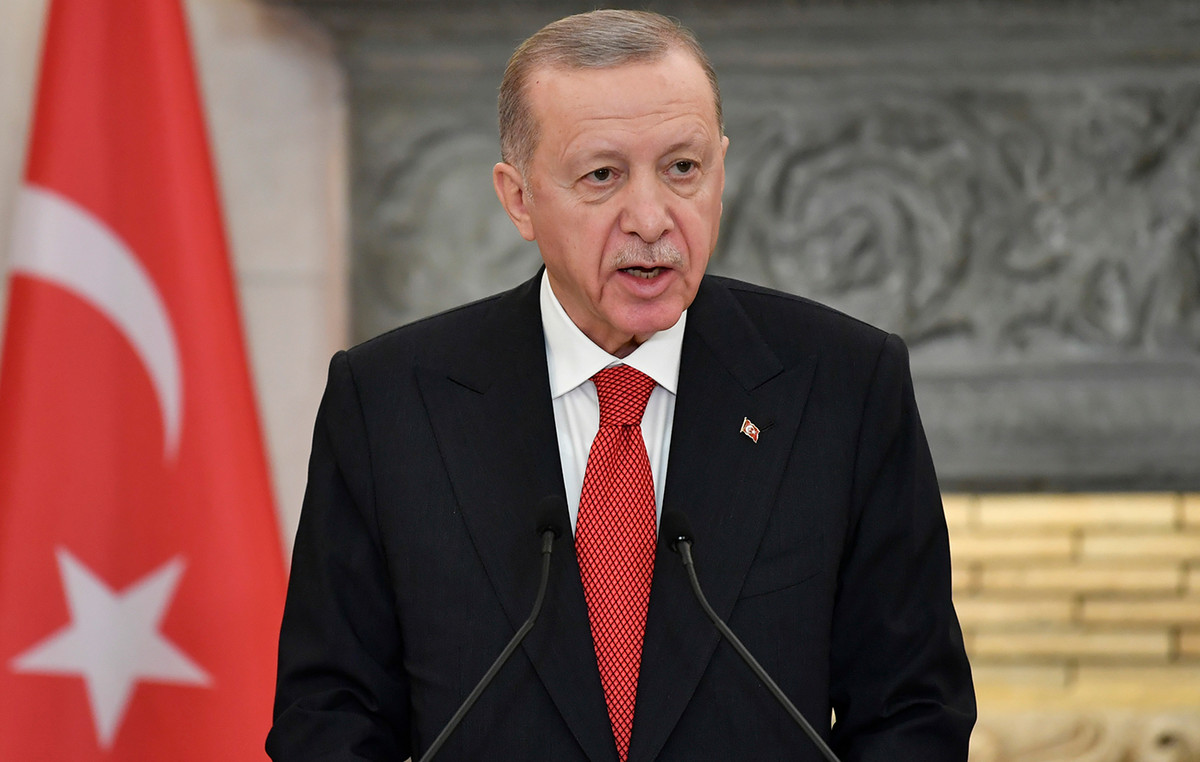- GBP/JPY attracts some sellers at 191.85 in the early European session on Friday.
- Former defense minister Shigeru Ishiba has won the second round of the LDP leadership race and will be Japan’s next prime minister.
- The BoE is expected to make another interest rate cut at either of its two remaining monetary policy meetings this year.
The GBP/JPY cross faces some selling pressure around 191.85, breaking the three-day winning streak during the early European session on Friday. The victory of former defense minister Shigeru Ishiba in the second round of the Liberal Democratic Party (LDP) leadership race boosts the Japanese Yen (JPY) and creates an obstacle for the crossing.
Japan’s ruling party holds its leadership election on Friday, with former defense minister Shigeru Ishiba winning the runoff of the LDP leadership race. The Japanese Yen (JPY) gains traction in an immediate reaction to the result, as Ishiba received 215 votes in the second round while Sanae Takaich only received 194 votes.
Tokyo’s core Consumer Price Index (CPI), which excludes volatile fresh food costs, rose 2.0% in September from a year earlier, Japan’s Statistics Bureau showed on Friday. This figure was in line with the Bank of Japan (BoJ) target and the average market forecast. Tokyo’s headline CPI rose 2.2% year-on-year in September, compared with a 2.6% rise in August. CPI inflation data from Tokyo indicates that the Japanese economy is making progress in meeting the criteria for further interest rate hikes, further boosting the JPY.
On the other hand, dovish comments from Bank of England (BoE) Governor Andrew Bailey could weigh on the British Pound (GBP). Bailey stated that the UK central bank should be able to reduce interest rates gradually as it gains confidence that inflation will remain close to its 2% target. Economists expect the BoE to cut interest rates at either of its two remaining monetary policy meetings this year.
The Japanese Yen FAQs
The Japanese Yen (JPY) is one of the most traded currencies in the world. Its value is determined broadly by the performance of the Japanese economy, but more specifically by the policy of the Bank of Japan, the differential between the yields of Japanese and US bonds or the risk sentiment among traders, among other factors.
One of the mandates of the Bank of Japan is currency control, so its movements are key for the Yen. The BoJ has intervened directly in currency markets on occasion, usually to lower the value of the Yen, although it often refrains from doing so due to the political concerns of its major trading partners. The BoJ’s current ultra-loose monetary policy, based on massive stimulus to the economy, has caused the depreciation of the Yen against its main currency pairs. This process has been exacerbated more recently by a growing policy divergence between the Bank of Japan and other major central banks, which have opted to sharply raise interest rates to combat decades-old levels of inflation.
The Bank of Japan’s ultra-loose monetary policy stance has led to increased policy divergence with other central banks, particularly the US Federal Reserve. This favors the widening of the spread between US and Japanese 10-year bonds, which favors the Dollar against the Yen.
The Japanese Yen is often considered a safe haven investment. This means that in times of market stress, investors are more likely to put their money in the Japanese currency due to its supposed reliability and stability. In turbulent times, the Yen is likely to appreciate against other currencies that are considered riskier to invest in.
Source: Fx Street
I am Joshua Winder, a senior-level journalist and editor at World Stock Market. I specialize in covering news related to the stock market and economic trends. With more than 8 years of experience in this field, I have become an expert in financial reporting.







